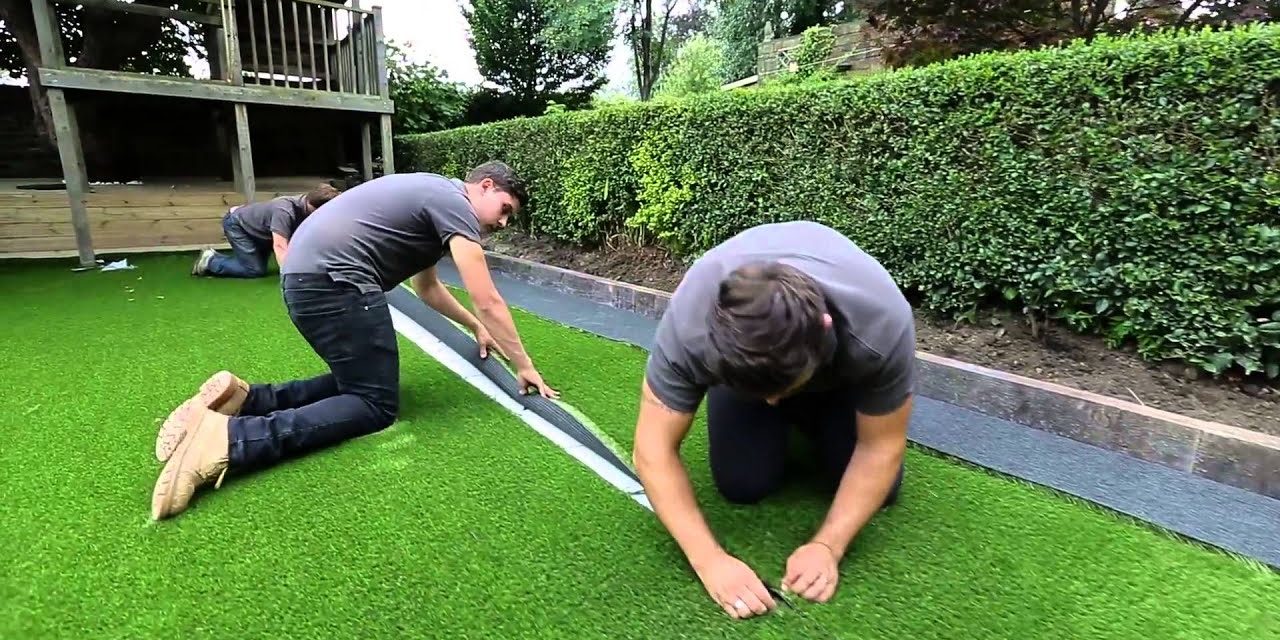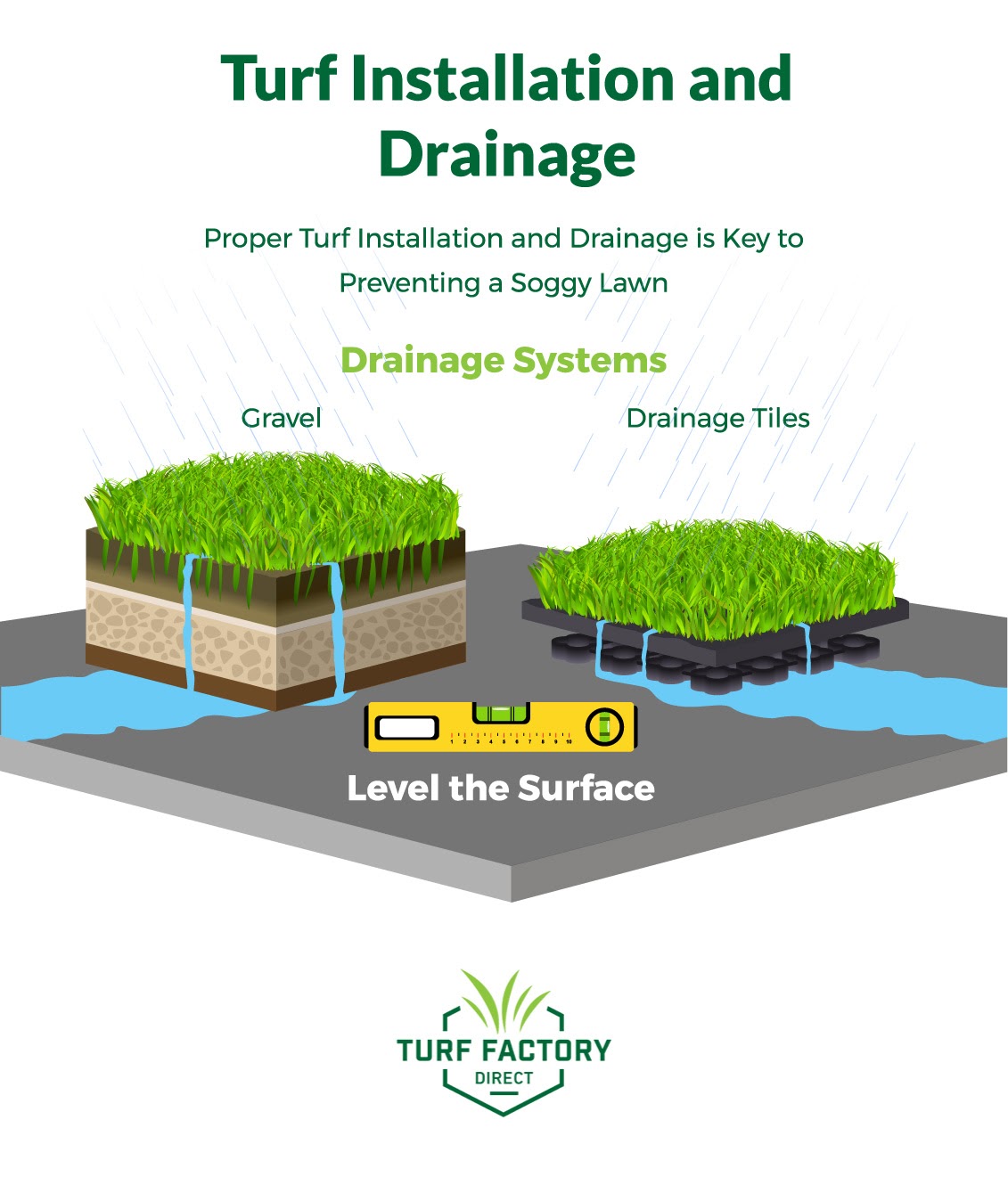Top Reasons to Take Into Consideration Artificial Lawn for a Low-Maintenance and lush Yard
As property owners increasingly look for sustainable solutions for exterior spaces, artificial lawn presents an enticing option to traditional lawns. Its ability to keep a vibrant look year-round without the burdens of chemical, mowing, or watering treatments makes it a sensible option for those intending to reduce upkeep efforts. The ecological advantages, including considerable water conservation and decreased reliance on chemicals, straighten with contemporary eco-friendly values. The advantages prolong past simple aesthetics and sustainability; checking out the diverse implications of fabricated lawn discloses a comprehensive approach to backyard administration that values much deeper factor to consider.
Year-Round Greenery
One of one of the most considerable advantages of artificial grass is its capacity to offer year-round plant, despite environment conditions. Homeowners usually deal with challenges in preserving a lively yard as a result of seasonal modifications, dry spells, or heavy rains. Man-made lawn eliminates these issues, ensuring a continually lush look throughout the year.
This synthetic choice is engineered to hold up against diverse weather condition scenarios, from blistering summer warm to freezing winter months temperatures. Unlike natural yard, which may brownish or end up being patchy throughout severe conditions, synthetic grass maintains its lively shade and texture, improving the aesthetic allure of any landscape.
Furthermore, fabricated turf is immune to bugs and diseases that commonly affect natural yards. This durability adds to its enduring charm, as there is no requirement for chemical therapies or plant foods that can be hazardous to the atmosphere. Property owners can delight in the visual advantages of a well-kept yard without the cyclical difficulties postured by all-natural yard treatment.
Minimized Upkeep Initiatives
Fabricated grass considerably decreases maintenance efforts, permitting home owners to take pleasure in a pristine yard without the lengthy jobs related to natural turf care. Among one of the most notable benefits of artificial turf is the elimination of normal mowing. Without demand for a lawnmower, house owners save both time and the cost of upkeep related to this devices.

Cleaning up man-made grass is simple; a basic rinse with a pipe or the occasional cleaning to remove particles is typically adequate - backyard artificial grass. This simplicity of treatment permits property owners to spend even more time enjoying their exterior rooms instead than laboring over them. In recap, the reduced upkeep efforts associated with synthetic yard make it an appealing selection for those looking for an attractive, convenient lawn
Water Conservation Advantages
The significant decrease in upkeep efforts associated with man-made lawn prolongs to water conservation, making it an environmentally pleasant choice for house owners. Typical yards require significant amounts of water to remain vibrant and lavish, commonly resulting in excessive water use, specifically in deserts. On the other hand, artificial yard gets rid of the need for regular watering, substantially minimizing the overall water intake in your lawn.
By selecting artificial grass, homeowners can save thousands of gallons of water each year. This change not only advantages individual families yet likewise adds to wider ecological efforts targeted at reducing water waste. In areas experiencing water shortage, the adoption of man-made yard can play a significant function in mitigating the results of drought and making sure that valuable water web link resources are made use of extra efficiently.
Additionally, the setup of artificial yard can assist lower local water need, profiting the community all at once. With growing understanding of ecological concerns, selecting fabricated grass functions as a proactive step towards sustainable landscape design, this article helping to maintain all-natural water resources while maintaining an aesthetically pleasing outdoor area (artificial grass installation). In recap, fabricated grass presents a compelling solution for water conservation, aligning environmental obligation with contemporary landscaping requirements

Insect and Allergic Reaction Decrease
A substantial advantage of mounting synthetic lawn is its capability to decrease pests and irritants in outdoor areas. Traditional lawn lawns frequently function as reproducing premises for bugs such as insects, ticks, and ants, which can create pain and health risks for family members and animals. On the other hand, artificial yard gets rid of the natural product that attracts these bugs, thereby dramatically reducing their populaces in your backyard.
Furthermore, all-natural yard can harbor mold and mildew, plant pollen, and other allergens, which can activate allergic reactions and respiratory problems for delicate people. Synthetic grass supplies a cleaner setting, reducing the possibility for allergenic reactions. Unlike all-natural turf, synthetic grass does not create pollen, making it an excellent choice for allergic reaction sufferers seeking to enjoy their outside areas without the risk of flare-ups.
Furthermore, the absence of dirt in artificial turf indicates there is less dust and dirt, further reducing airborne allergens. This low-maintenance alternative not only improves the aesthetic appeal of your yard but also promotes a much healthier outside atmosphere, enabling households to enjoy their lawns without the continuous concern of insects and allergens. Thus, fabricated grass is a strategic selection for those additional info focusing on convenience and health and wellness in their outside space.
Long-Term Cost Savings
Investing in synthetic grass can lead to substantial lasting expense financial savings for house owners. Synthetic grass gets rid of the need for routine lawn upkeep expenditures, such as mowing, fertilizing, and watering.
In addition, the durability of artificial turf even more enhances its cost-effectiveness. The majority of premium synthetic lawn products can last 15 to 25 years with marginal upkeep, lowering the need for replacement or extensive fixings. On the other hand, natural lawn might require regular reseeding and normal care, which can promptly accumulate in expenses.
Energy financial savings are one more important element. Property owners can anticipate to see reduced water bills, as synthetic lawn does not require irrigation. In addition, the decrease in lawn care services can release up valuable time and resources, enabling house owners to allocate their budgets somewhere else.
Conclusion
In recap, artificial grass provides many benefits for house owners looking for a low-maintenance and lively landscape. Its capability to supply year-round plant, paired with decreased upkeep initiatives and substantial water preservation, makes it an enticing selection. In addition, the decrease of pests and irritants adds to a much healthier outside setting. Inevitably, the lasting price financial savings connected with synthetic grass strengthen its status as a sustainable and practical option for improving outside areas.
Fabricated turf substantially decreases maintenance initiatives, allowing home owners to delight in an immaculate yard without the time-consuming jobs associated with all-natural turf treatment.The substantial reduction in upkeep efforts linked with man-made grass prolongs to water preservation, making it an environmentally pleasant option for house owners. In contrast, man-made grass gets rid of the requirement for regular watering, substantially decreasing the total water consumption in your lawn.
In locations experiencing water shortage, the fostering of synthetic lawn can play a significant function in minimizing the effects of drought and ensuring that important water sources are utilized much more successfully.
With growing awareness of environmental problems, picking synthetic lawn offers as a positive action in the direction of lasting landscaping, assisting to protect natural water resources while keeping a cosmetically pleasing outdoor area.